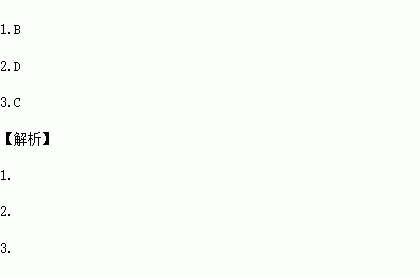题目内容
A young boy recently received an unexpected message in the mail from his father Joseph, who died two years ago.
Rowan's dad was a hardworking man who wanted to give his son the best life he could. It was why Rowan's mother, Julie Van Stone, said Joseph joined the Navy and went to MIT to get two masters degrees.
While at school in Boston, he would often write to Rowan. Even when he left school and was driving back to Colorado, he would send postcards from each state he stopped in. Those postcards were sent in 2007. "I remember him saying he had sent 5 or 6, and I only got 3 or 4 in the mail. But I never thought anything of it," Van Stone said.
Those postcards and pictures are priceless memories for Van Stone and her son, especially after Joseph passed away from a rare brain disease. Rowan never had a chance to say goodbye. But, on Saturday, just days before the two-year anniversary of Joseph's death, a postcard arrived in the mail. It arrived March 11, 2015. The message read: "Hello from Pennsylvania. I love you, and I miss you so much. See you soon. Love, Daddy."
Neither he nor his mother knows how it happened, and they may never know. But, they have their own ideas why. "I feel like that was the final goodbye that he didn't get to say," Van Stone said. Van Stone says Joseph's last words to her before he died were: "Everything is a circle. We will see each other again. All that matters is love."
1.What did Rowan’s dad do to give his son the best life?
A. He bought many for Julie.
B. He became a soldier in Navy.
C. He kept writing to his son.
D. He got many masters degrees.
2. How long did it take for the postcard to reach Rowan?
A. 2 years. B. 5 years. C. 6 years. D. 8 years.
3. Where did Rowan’s dad send the postcard?
A. In Boston. B. In Colorada
B. In Pennsylvania D. In New York

